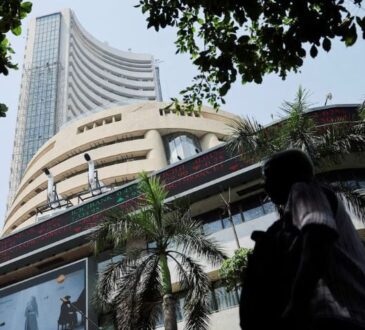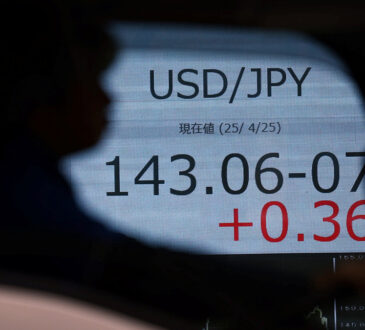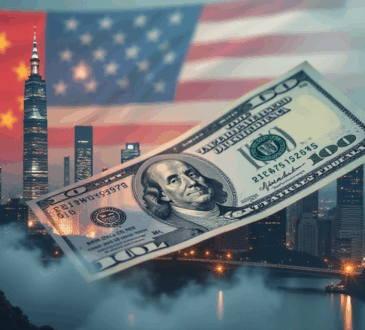Reuters Poll: No relief for emerging currencies seen as investors ponder elections, potential US easing

BENGALURU/JOHANNESBURG, June 5 (Reuters) – Emerging market currencies will struggle to rebound this year, pressured by a U.S. Federal Reserve that is in no rush to cut interest rates and some pivotal national election results, according to a Reuters poll of currency analysts.
Emerging markets assets have gained slightly after weak U.S. data suggested the Fed might start cutting interest rates as soon as September, which could ease the pressure from the dollar. This global theme remains pivotal to emerging markets amid a host of key elections.
U.S. policymakers, however, remain tight-lipped about the exact timing of policy easing and a bull run for emerging markets currencies it might trigger is not on the horizon.
“Most EM currencies have stabilized in the past month, but we think many will remain under pressure until U.S. yields drop,” said Ruben Gargallo Abargues, assistant economist at Capital Economics.
“We continue to think the dollar will be on the front foot for some months until inflationary pressures ease and the Fed pivots towards rate cuts.”
Recent days brought elections in India, South Africa, and Mexico and emerging markets are expected to stay volatile in the near-term as investors parse out what these results mean for future economic reforms.
The Indian rupee , Korean won and the South African rand are seen trading in a tight range in the next three to six months, while the Russian rouble and Turkey’s lira were forecast to soften over 5%.
The Mexican peso closed on Tuesday at its weakest to the dollar since November after the country’s ruling party looked poised for a super-majority in Congress that markets fear might bring constitutional change and diminish checks and balances.
Barclays analyst Erick Martinez, however, expected the impact to be short-lived.
“Ultimately, the dust will settle, markets will crunch numbers and determine what’s feasible and what’s not, and would go back to trading global factors especially given the strong links between the Mexican and U.S. economy,” he said in a note.
(This story has been refiled to remove extraneous material)
Sign up here.
Reporting by Vivek Mishra and Vuyani Ndaba; Polling by Veronica Khongwir and Anant Chandak; Editing by Hari Kishan, Gabriel Burin and Tomasz Janowski
Our Standards: The Thomson Reuters Trust Principles.




